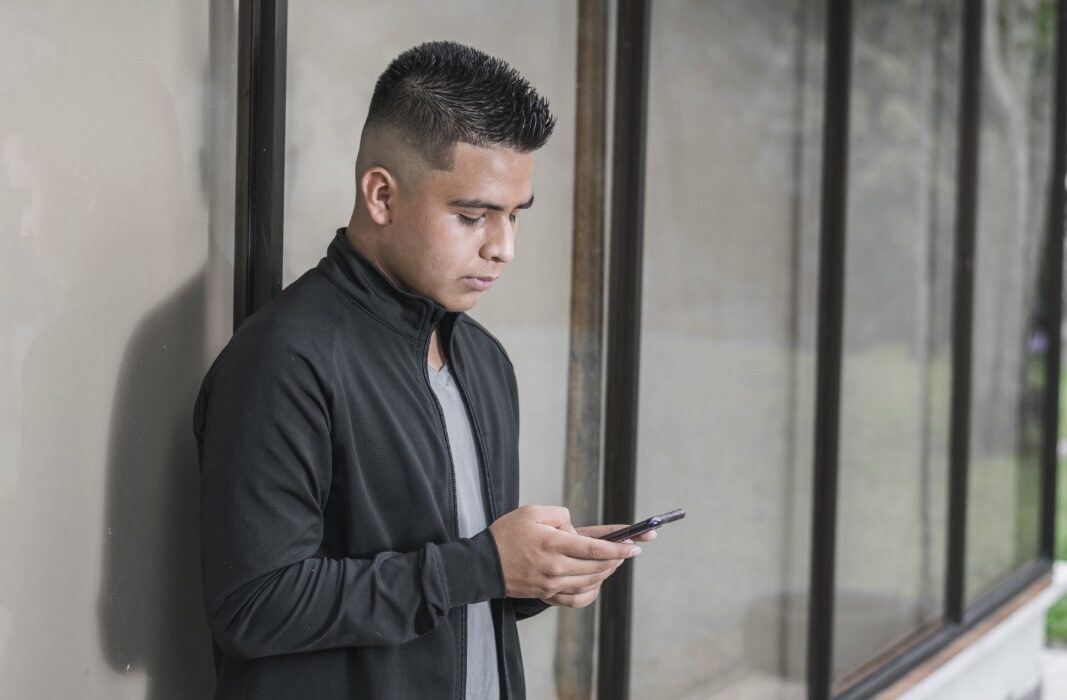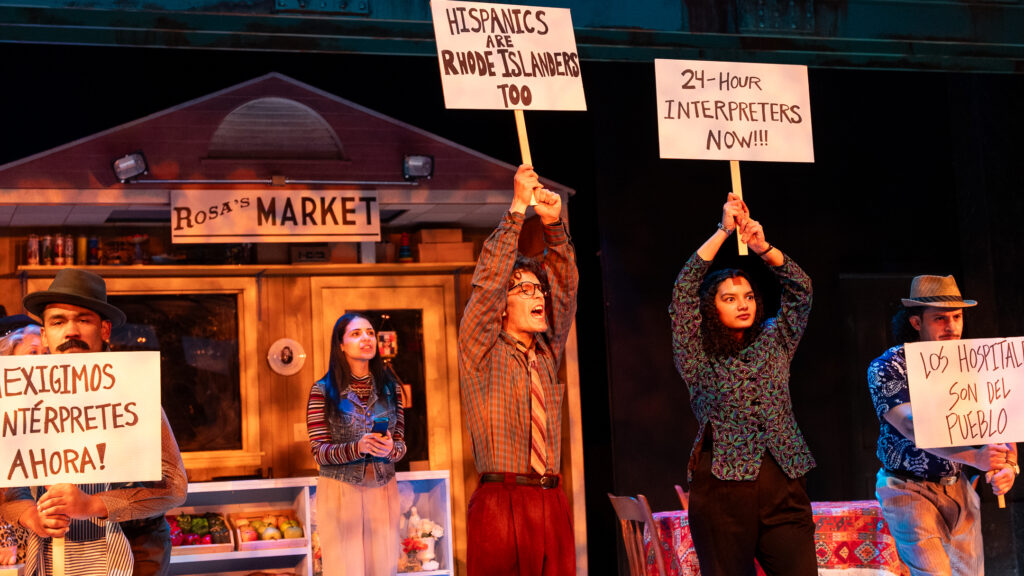In this year’s midterm elections, national Hispanic-Latino voter turnout is predicted to meet the record participation in 2018, with nearly 12 million voting in congressional and state elections, according to the National Association of Latino Elected and Appointed Officials Educational Fund (NALEO). Still, that number falls short of the potential, given the community’s population growth increase.
On Tuesday, the Rhode Island state Senate voted 28 to 6 in favor of the Let RI Vote Act, which would permanently adopt measures used in the 2020 election during the pandemic, that resulted in the record number of voter participation.
The move is a major win for organizations like the Let RI Vote campaign that are working to advance voting rights in Rhode Island, giving more people the opportunity to vote.
Marcela Betancur, Executive Director of the Latino Policy Institute (LPI), and campaign spokesperson for the Let RI Vote Campaign was a guest on the Latino News Network podcast, “3 Questions With…”. Betancur shared insights on how the proposed legislation will break barriers keeping the Hispanic-Latino electorate and other marginalized communities from voting.
One of the bill’s provisions Betancur says is very exciting to her is that it institutes early voting. ”In 2020, we were able to go vote prior to Election Day,” she said. Not ”having to stand in line for hours” makes it more convenient for people who do not have flexible schedules to go vote.
In the 2020 general election, 62 percent of the more than 522,000 Rhode Islanders who voted cast their ballots either early or by mail. By comparison, approximately 426,400 Rhode Islanders voted in 2016, and only 9 percent of them voted by mail when early voting was not an option.
Democrats celebrated the approval of the Let RI Vote Act touting it expands voter access, but Republicans warn it could lead to voter fraud. Senator Jessica de la Cruz, a North Smithfield Republican, warned that the legislation would make several “dangerous changes” such as removing notary or witness requirements for mail ballots.
Betancur said the concerns are misplaced. ”Today, before this act is even passed, the Board of Election’s practice is verifying that the voter and their signature is the same one when they registered to vote,” she argued. “They’re already not checking a witness. Why do we continue to create this barrier? A lot of it is fear mongering.”
The bill also includes:
- Allowing voters apply for mail ballots online.
- Letting voters choose to vote by mail for any reason, without having to give an excuse.
- Define “early voting” as up to 20 days before Election Day.
- Provide for each city or town a ballot drop box that’s maintained and regulated by the state Board of Elections.
- Allow long-term nursing home residents to receive mail ballot applications automatically.
- Require the secretary of state to update the voter registry at least four times a year.
- Set up a hotline in multiple languages to provide information about voting and polling locations.
The multilingual voter information hotline, Betancur said, will provide accurate information in the language a person is most comfortable in, like foreign born Hispanics-Latinos who may not be proficient in English.
In 2020, voting by naturalized U.S. citizens was approximately the same rate as those who are Hispanics-Latinos born in the United States, according to a City University of New York study.
The next stop for the legislation is the House of Representatives.




